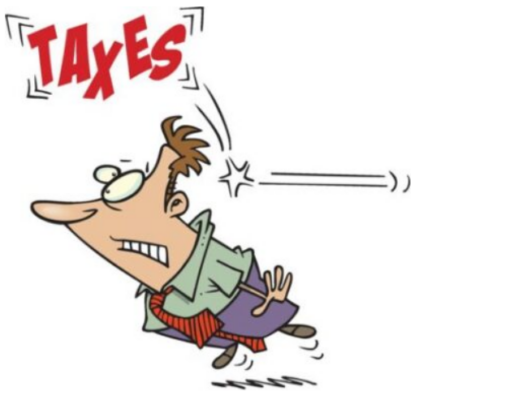Property taxes are a problem. Towns and cities use imaginary value to charge taxes for profits you have not nor may ever realize, and the drunken sailors then spend it all and come back for more.
Sometimes, they pretend to cut taxes by lowering the rates per thousand (on assessed value). Still, when calculated against inflated revaluations, your tax bill increases again based on unrealized gain.
You might remember that term. We’ve heard a few Democrats suggest taxing other investments based on unrealized gains, as if they know what an investment might be worth in the future. That is why we don’t allow it—except for property taxes.
The result, in the current pricing boom, is that people who bought a house for 100K are paying taxes on it as if it were worth half a million or more, and there’s no guarantee they will even live to see a profit pilfered in their rising tax bills.
I’m a bit bipolar on the topic because New Hampshire’s reliance on property taxes instead of sales or income taxes has kept control local and the total tax burden down despite these abuses. But property taxes also prove you don’t own the thing they are taxing. If you stop paying the tax, they will take your property, leaving you with unpaid tax bills and no property, so less than nothing.
The solution to these problems could be banning property taxes, but you must then find a way to fund necessary municipal services, roads, and public safety. Those will mean different things in every town, and a top-down tax scheme at the state level can’t possibly address differences in local interests.
A functional alternative might be a flat income tax that cannot be raised unless three-fifths of the legislature passes it. I’m not in love with that because I don’t trust the government to write it that way or to keep it low to incentivize growth, which would lift revenues without raising taxes.
I do not trust the asshats in Concord to manage funding to towns meaning there will never be a fair distribution of fiscal resources. I do not trust the asshats locally to spend it wisely on things that matter like roads, public safety, and minimal local government.
It would encourage more local giving to charity, which might then address things the government has no business doing. You may have noticed I did not list public education as necessary. Education is important, but I think the solution is tuitioning everyone and let the market compete for a limited sum of dollars per student. Learning will get significantly cheaper and better than the extortion we suffer with the failed public education experiment.
Property taxes are a problem we need to work. I can’t say I know what that looks like, but several states are plotting an end to it. We could wait to see what happens or Kirk-Walk their current process to get things started and massage that to suit New Hampshire’s size, economy, and culture.
I do know this. I do not want Democrats in charge of any such transition, and whatever it ends up being – if anything at all – it should be nearly impossible for the legislature to abuse it, regardless of who has a majority.
